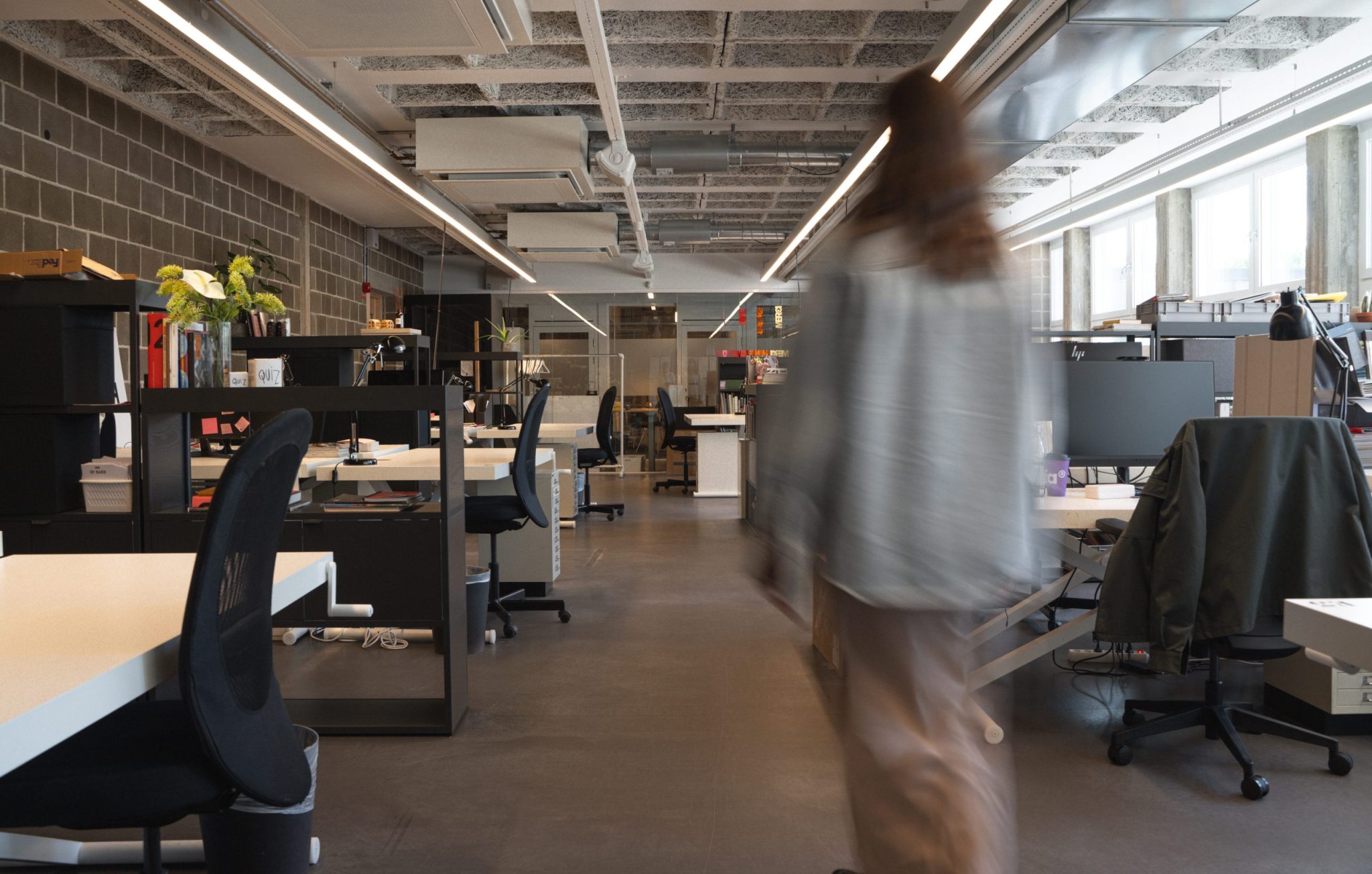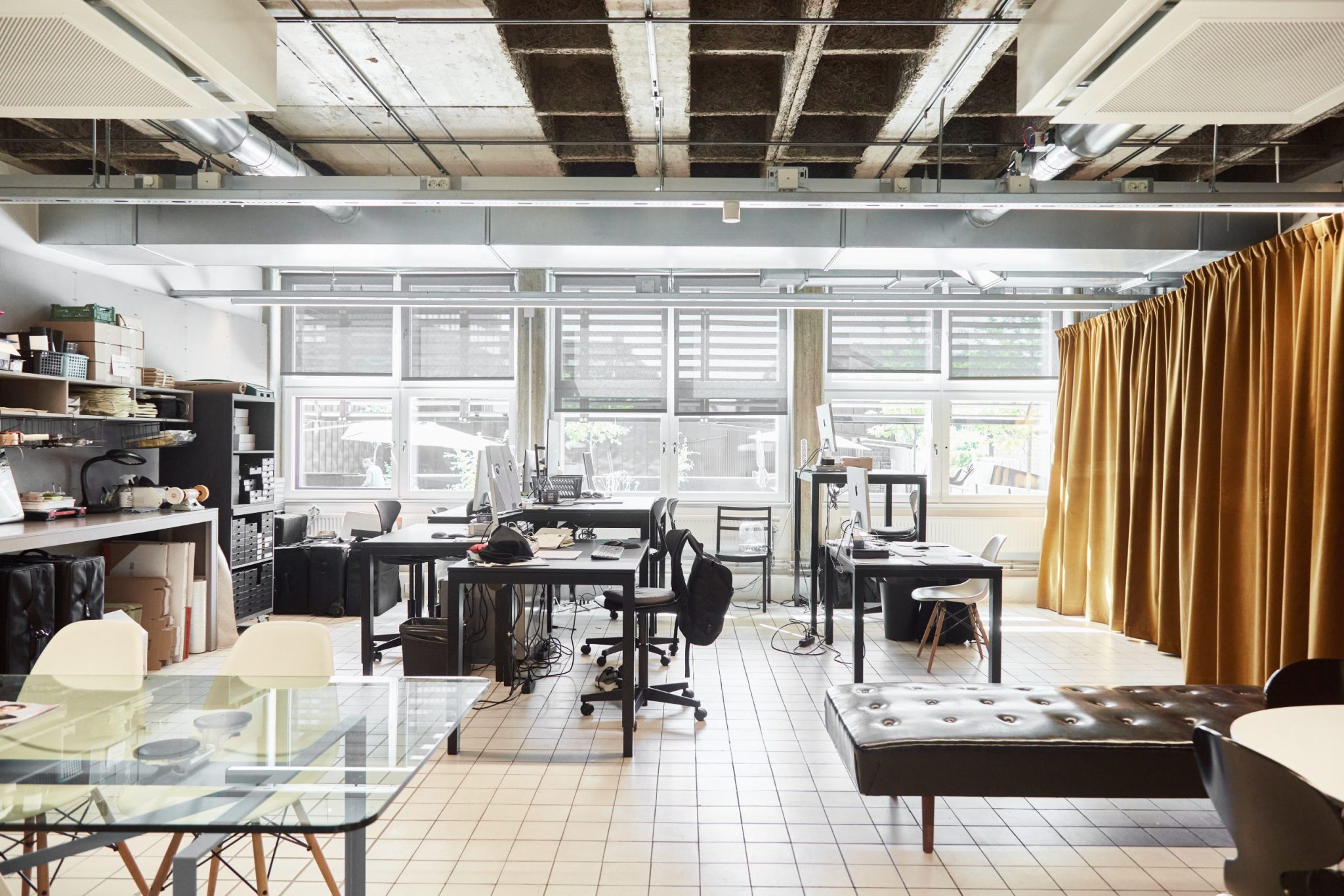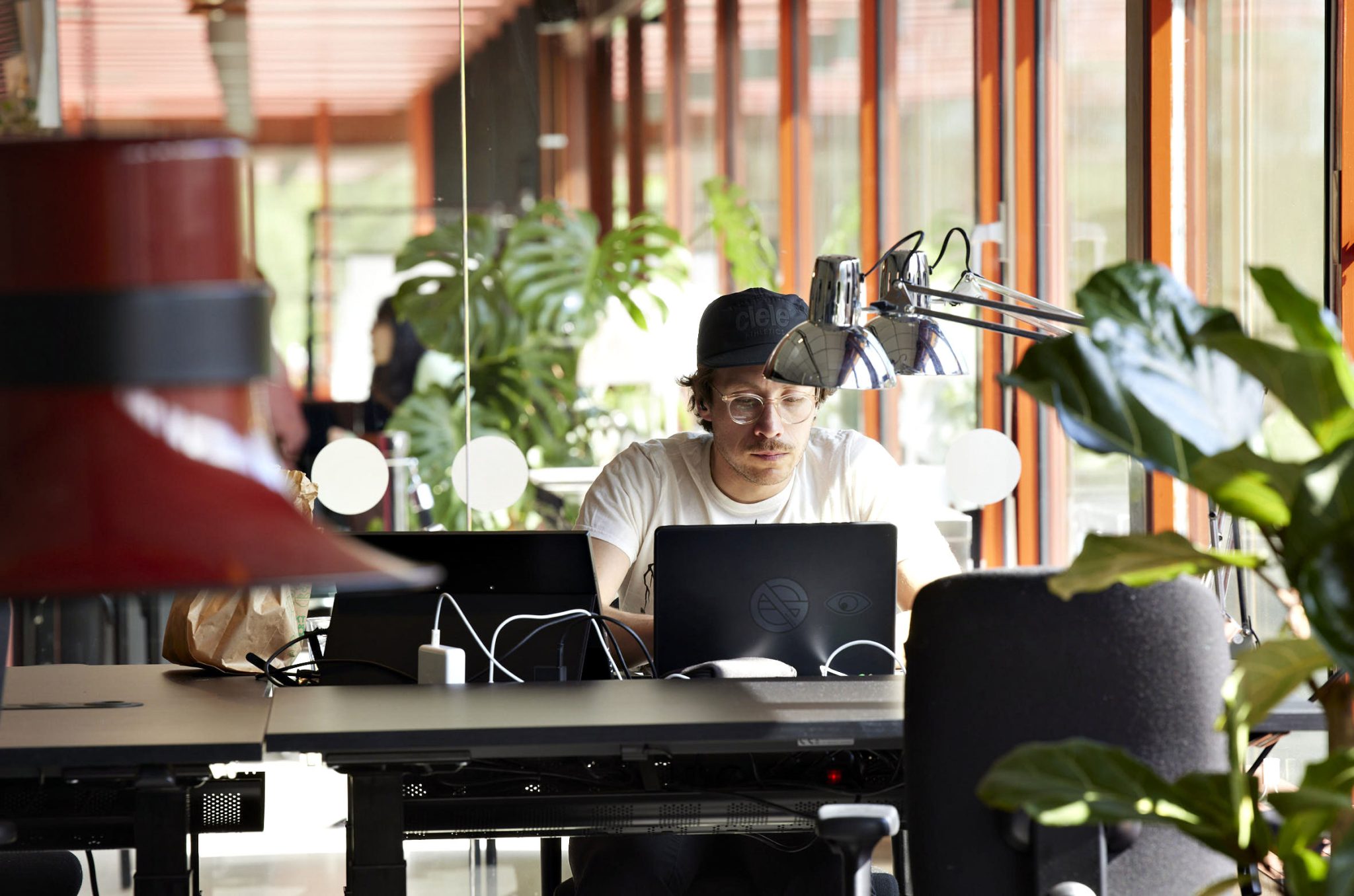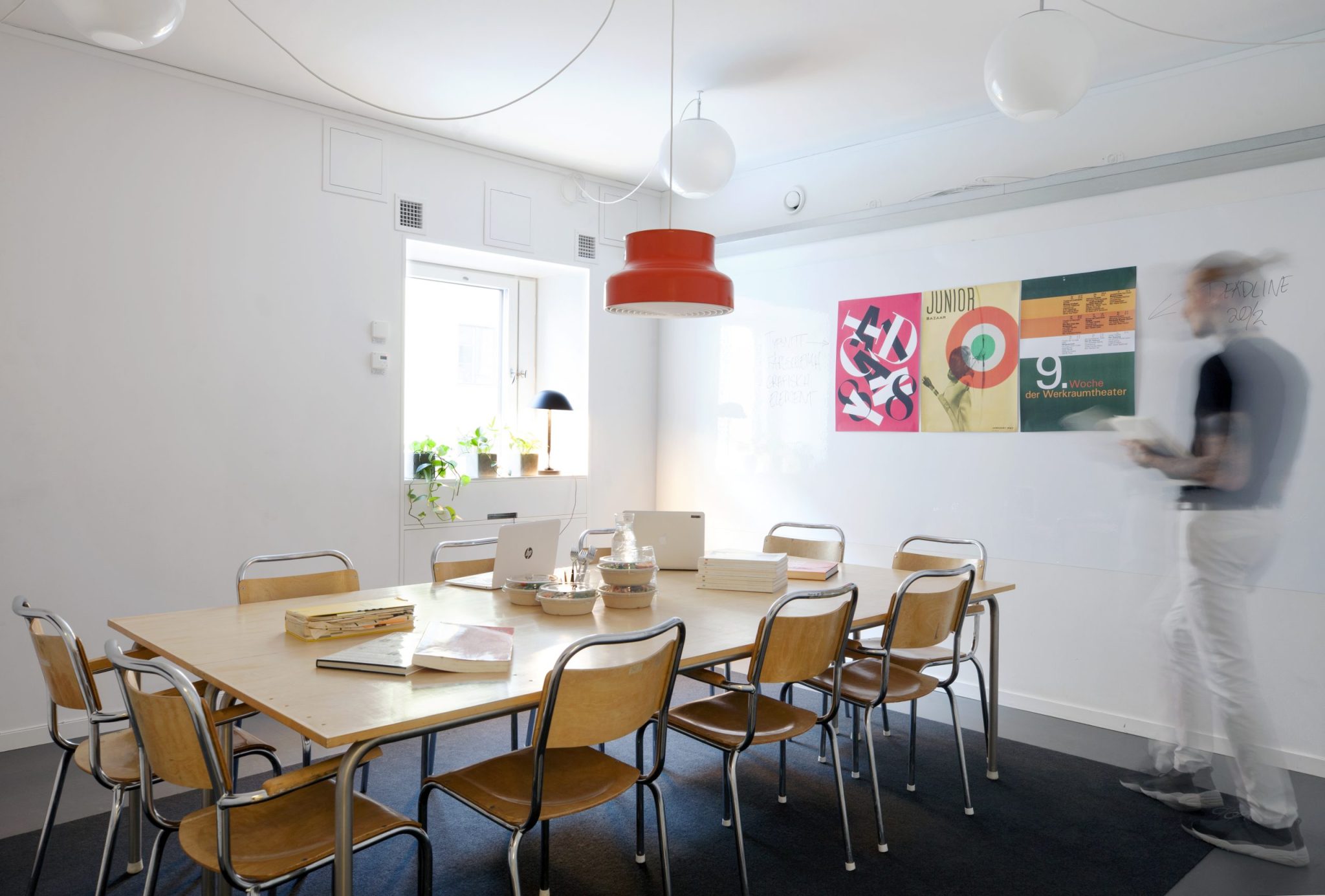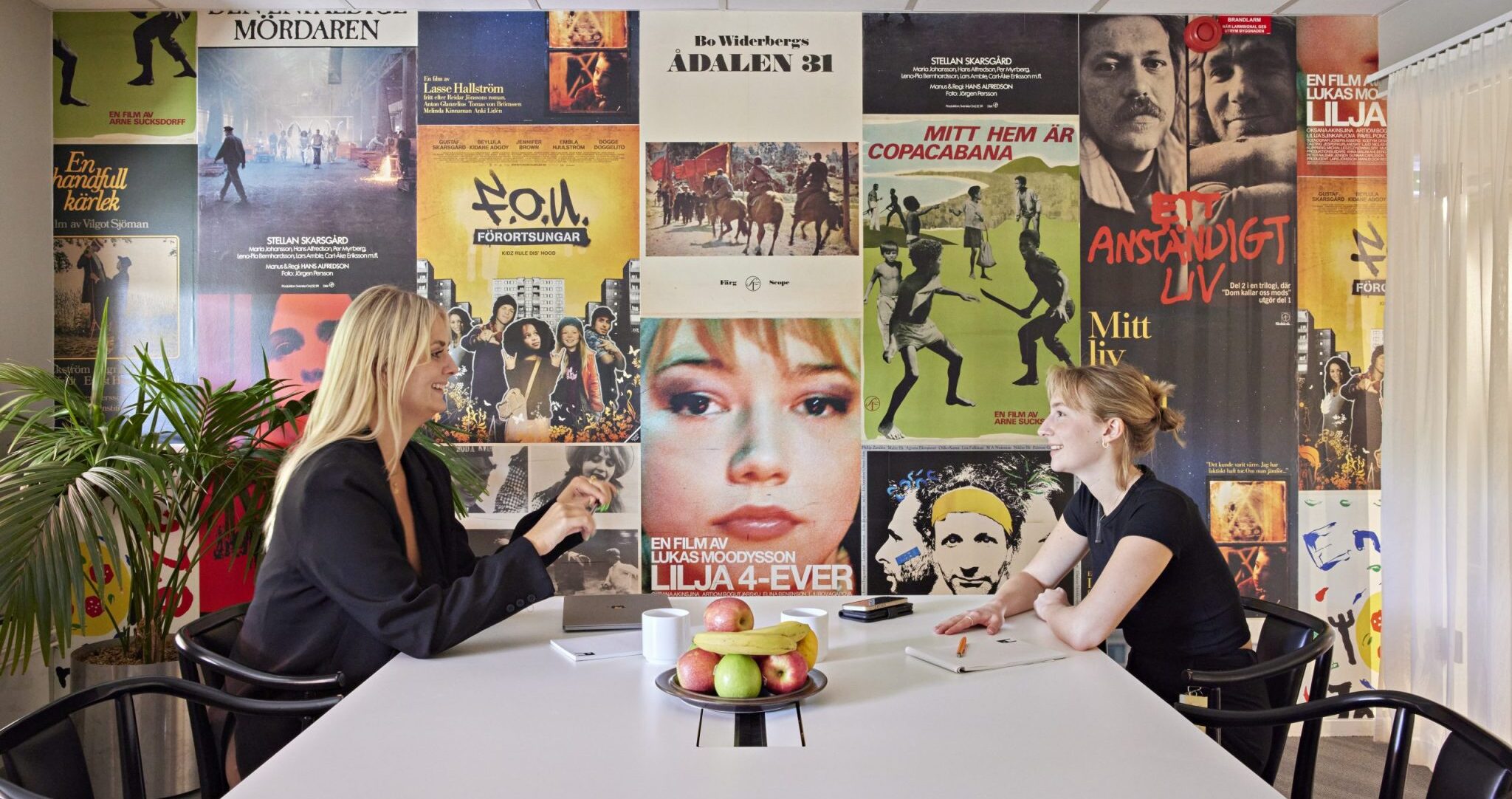Coworking Stockholm
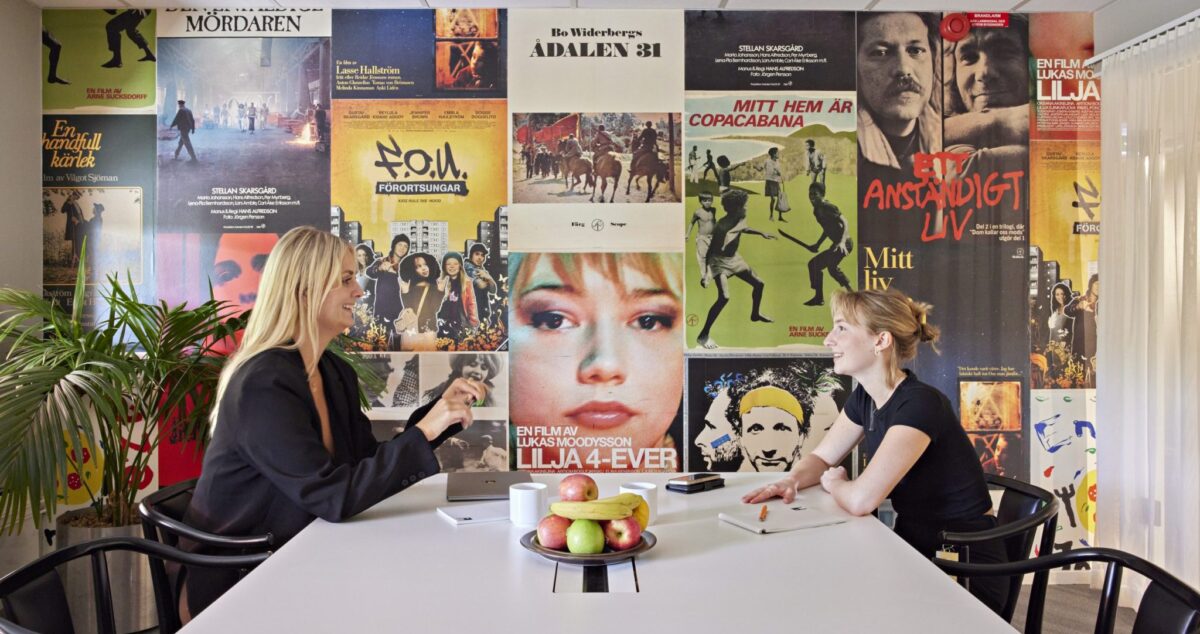
A house erbjuder coworking i Stockholm för företag och frilansare inom kreativa branscher. Vi finns idag i fyra ikoniska byggnader runtom i Stockholm; Ark på Östermalm, Katarinahuset i Slussen, Filmhuset på Gärdet och Börshuset i Slakthusområdet.
Våra arbetsplatser främjar kreativ utveckling och erbjuder flexplatser, kontor och eventlokaler. Du får även tillgång till ett community av likasinnade företag inom din bransch.
Våra medlemskap
| Utforska våra medlemskap. |
A house coworking medlemskap
Letar du efter ett eget kontor, ett fast skrivbord eller en flexibel arbetsplats? A house coworking space i Stockholm erbjuder en inspirerande arbetsmiljö där du blir en del av ett community med företag och frilansare inom de kreativa branscherna.
- Community Manager på alla destinationer
- Alla våra coworking spaces har bemannad reception och café mellan 9-17
- Branschanpassade lokaler, mötesrum att boka och fri tillgång till telefonbås
- Möjlighet att hyra samtliga destinationers eventlokaler och få hjälp med planeringen
- Tillfällen att nätverka på frukostar, luncher, vernissager, AWs, samt sommar- och julfester
- Medlemsrabatt på alla eventlokaler, angränsande restauranger, studios för träning och produkter från medlemsföretag
- Cykelrum för dig som tar cykeln till jobbet
- Omklädningsrum med dusch
Vill du veta mer om vår verksamhet och få de senaste nyheterna om våra destinationer?


